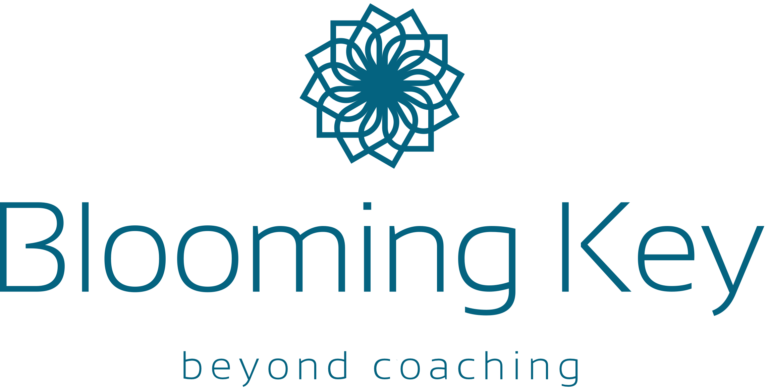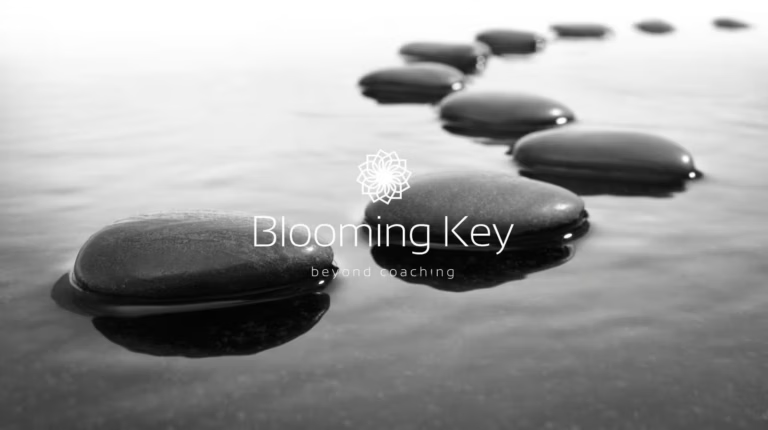People pleasers listen up! Sometimes it’s OK to be selfish in life. Putting yourself first is an important part of self-care and life skill you need to develop and grow as a person. Learning how to say no in a polite way is going to help you focus on your mental and physical health and wellbeing – for a change.
Being hard-working might feel like a calling, but when you start to take on too many responsibilities and commitments, stress and anxiety will quickly take over. Learning when and how to say no will help you lead a positive and stress-free life.
When & Why It’s OK To Be Selfish
Looking out for number one all the time sums up being selfish, but there are times in life when putting yourself first is a must. Giving up things that bring you joy or will help reduce your stress levels is going to make you, co-workers and those around you miserable.
Did you ever experience a similar scenario?
You’re in the office and your boss asks you to work over the weekend. You already have plans to meet your partner and spend some quality time together. Feeling pressured, you agree to give up your free time. You cancel your plans with your loved one, who is frustrating to you and your companion. Now being in a bad mood, you are not as professional and focused which is is affecting your deliverables. Once is never but if situations like this keep on reoccurring this could impact not only your career but your relationship too. To avoid these kind of situations in the future, you should learn how to say no in a professional and polite way.

In order to say “no” effectively you need to be in touch with what’s important to you – knowing your priorities in life. Then it’s much easier to say no, because you are clear on what you want and need instead.
The Power Of Saying No
Knowing how to say no is an important life skill to master. So, here are a couple of helpful technicques to communicate your feelings.
SIMPLE
– A simple “No, but thanks for asking/thinking of me.”
SOMETHING ELSE
– A simple “I’m already doing __ / have a dentist appointment”
BUY YOURSELF TIME (when unsure how you feel or need time to prepare a response)
– I’m away from my desk right now, can I let you know once I have my diary in front of me?”
– I’m just in the middle of something/a tight deadline. Can I get back to you tomorrow/ next week?
DEFFERRAL
– “I’m crazy busy this week/ month. Can it wait until next week/month?”

When “no” is the right answer for you, say it pleasantly, assertively and with conviction. If it leaves you feeling strong and good in yourself (even if there is some guilt) then you’ve made the right choice for you!





